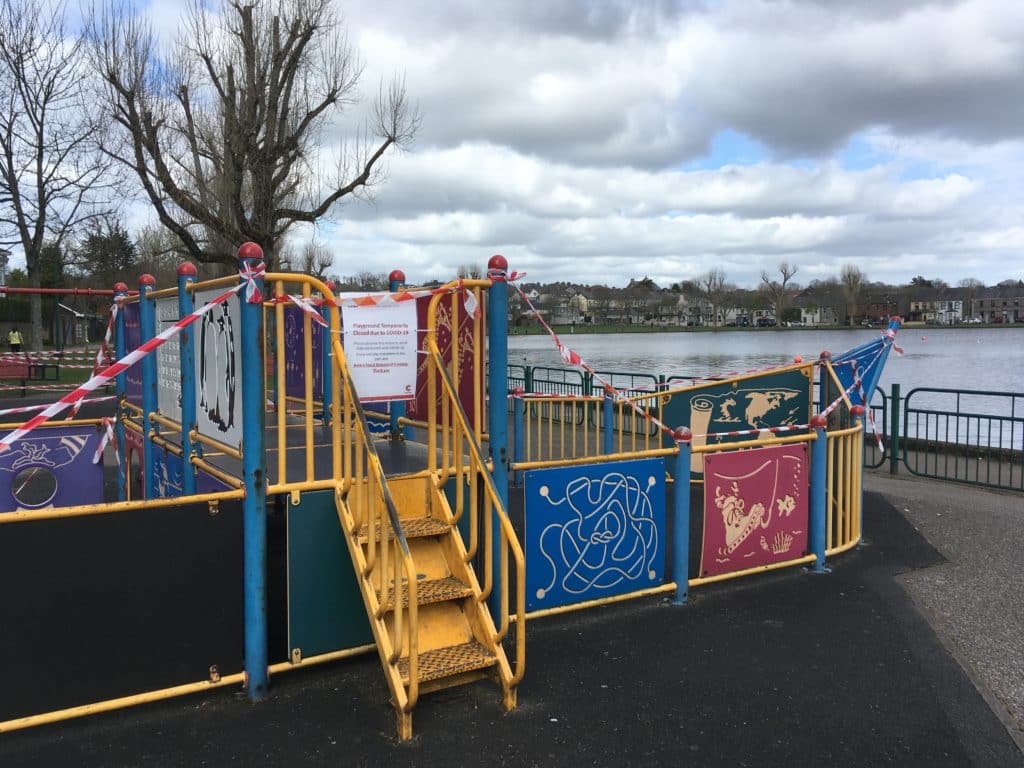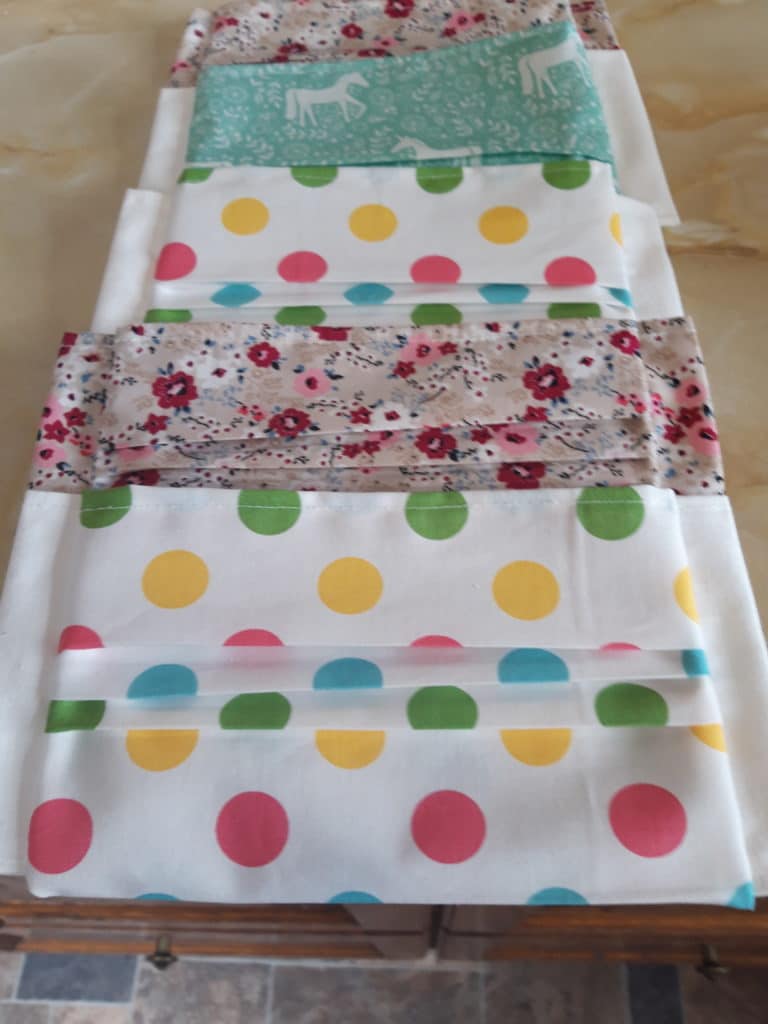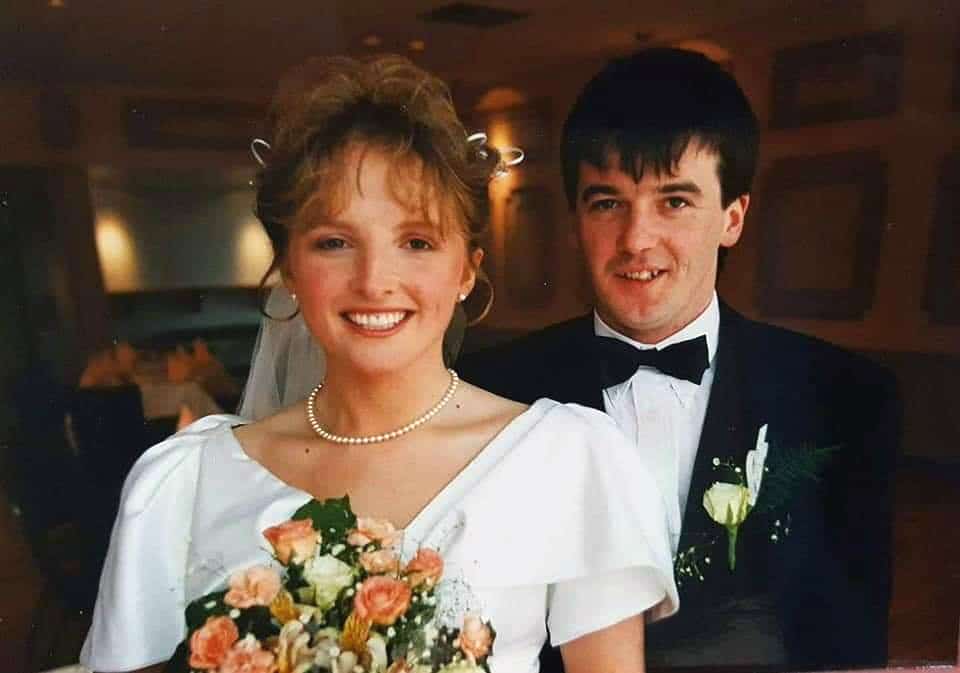
The Curly-Wurly cake bought just before lockdown, the fear felt by the medically vulnerable, the Zoom birthday parties and socially distanced funerals: accounts of all this and more is being collected for a ‘people’s archive’ of COVID-19 experiences. Clíona O’Carroll, Cork Folklore Project Research Director, explains.
What will happen to the record of ordinary people’s experiences of the COVID-19 pandemic, when the social media posts are gone? The Cork Folklore Project, a community-based oral history group affiliated with UCC, is inviting people in Cork and beyond to become part of their documentation of life right now, by adding their voice to the Project’s ‘Chronicles of COVID-19’ archival collection project.
The Cork Folklore Project, which has been based on the northside of the city for almost twenty-five years, is uniquely placed to capture a sense of life now, in order for future generations to be able to understand what the COVID-19 pandemic experience was like.
Life is changing rapidly, and it keeps changing. Social media posts don’t last forever, newspapers are focused on certain aspects of the crisis, but where will the experiences of ordinary people be documented as a long-term record of life in these times? By acting now, we will preserve testimonies that will grow in value over time.
The questionnaire, which people can access on the website, corkfolklore.org, covers everyday routine, how different groups are affected, the ways we talk and communicate, community responses, thoughts and preoccupations, and the future. Contributors receive a copy of their entry by email immediately, and can fill it out as many times as they like, as times change. The first phase closes on Monday, April 20, with follow-up phases planned.
The Folklore Project would like to get responses from as wide a range of people as possible and if you know someone who isn’t in a position to access the questionnaire, it’s asked that people become ‘folklore collectors’, noting the experiences of your auntie in India, your sister the nurse, your cousin who works in a supermarket, your friend who had the virus. Family members can also note down their children’s or older members’ comments.

Responses to the questionnaire so far have shown that people see a value in putting their everyday lives on the record: ‘I think it’s a good idea to research and record this stuff. We will all be glad in years to come to read what it was like to live through this.’ The benefits of taking part aren’t just for posterity, however. As one respondent put it after filling out the questionnaire: ‘So important to put some shape on our experiences. Thanks so much.’
One thing that comes to the fore in responses received is the broad range of ways in which the pandemic is being experienced. A person who is extremely medically vulnerable explained what it meant for them and their family, all of whom had to cocoon: ‘This means none of us leave the house, even to exercise. I miss dawdling. I miss my city. I miss the trees. I miss the friendly faces and random conversations with people. I miss Cork City whilst living right in the centre of it. Twitter has been a lifeline for me to reach out to people who are on similar paths to me. I have reached out and connected to cancer patient advocates. We share similar challenges. Some of what we face could mean life or death. It sounds dramatic and others don’t take our concerns seriously.’
For a retired farmer in West Cork, this time is stirring up family memories: ‘I keep thinking what my late father told me of his two sisters that died from the Spanish Flu and what awful deaths they had. The first girl died only two days after contracting the virus. The second girl recovered temporarily but was paralysed. She lived for a couple of years. What she must have suffered.’
Most people report changes in their everyday routine. From one respondent: ‘Everyday life has changed to a different rhythm and flow, on the one hand a lot more online connection, a bit frenetic at the start, as we all adjusted to connection through this medium, and some new learning to connect in different ways with colleagues, family, and friends; and in person has slowed down to a lovely rhythm, as I walk out in the local area, with my dog, that is a lot quieter, noticing nature around (a gorgeous seal in the river, very playful, and showing up most days). Along the river and down to the local port is a must, to see the boats and to see what is being brought in today … saw the salt being taking off the boats, amazing what we miss when life is busier … a lot of gorgeous wildlife … as it is quieter a chance to hear the birds and their chatter, herons flying over the water looking for a quiet spot.
Some responses show a lighter side to the experiences. A woman remarked: ‘Should have gotten a haircut before the lockdown, I’m going to look like my Grand Aunt Aggie by the end of it all.’ One family, on hearing of the tightening of restrictions, had clear priorities: ‘The next day, my son and I drove to [a beloved cake shop] just slightly outside the 2km allowance, bought their last Curly Wurly cake, a giant of a thing, and then headed home.’
Many people report missing normal human contact, human touch, and ordinary interaction. We appreciate what we would have barely noticed in the past: ‘conversations outside the home are valuable now’. More than anything, changes in how we relate to each other in times of sadness and need are challenging, especially in a country where funerals are a community affair. One respondent described how hard it was to not be able to show solidarity in the usual way: ‘Our neighbour died two days ago suddenly – not COVID-related but having been diagnosed with cancer recently out of the blue – the funeral took place in our estate today; the hearse moved slowly through the roads with the neighbours all out to pay respects from a distance. The most poignant, sad funeral.’
Empathy with the most vulnerable and those without a home, in direct provision centres, and in prisons was very evident in the responses. One person gained an interesting insight from our common predicament: ‘I guess it gives everyone an idea of what it’s like to be poor. It’s an odd thought I know, but right now, no one can go anywhere, no holidays, no restaurants, no cinema, no nothing and there’s huge awareness about how this new lifestyle is affecting mental health. It just dawned on me one day that this must be what it’s like to be poor. All holidays, trips, restaurants and cinemas etc are inaccessible to you.’
So far, the questionnaire entries are a testament to our empathy, solidarity, frustration, yearning, shock, fear and, above all, hope. One message to the Cork Folklore Project sums up a common thread of hope for the future, and a determination that this experience will, despite the suffering and loss, leave us with a positive legacy. ‘I think this survey is a brilliant idea. It has already helped me to write about how I am feeling and well done to you for thinking it up. I don’t want to forget that this happened. I want to keep feeling that it must change our society for the better once we are back in action, and back in action we will be for sure.’
It is hard to keep up with the contributions coming in, which are all different and fascinating in their detail. We are very grateful to all who have contributed so far, and look forward to sharing more of your thoughtful, funny, sad and eye-opening contributions on our website, corkfolklore.org, soon.
Anyone interested can fill out some or all of the Project’s ‘Chronicles of COVID-19’ questionnaire, which invites you to describe aspects of your life right now, by clicking on the ‘CFP COVID-19 Collection’ tab on our website corkfolklore.org. The questionnaire takes around fifteen minutes to complete, depending on how much information you would like to record.
The Cork Folklore Project also welcomes photos and/or written or audio accounts, to their project-specific email at covid19chronicles@corkfolklore.org.


